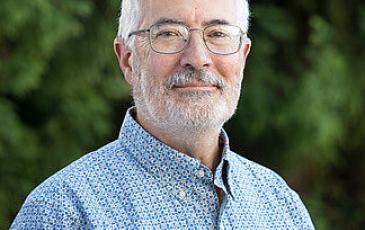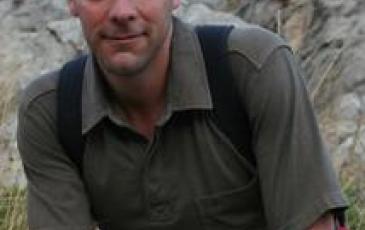Speaker: Joseph Spatafora, Professor, Oregon State University
Joey Spatafora's research group addresses patterns and processes that function in shaping fungal evolution. His group is particularly interested in genomic evolution of primary and secondary metabolism that is associated with adaptations to and emergence of novel fungal ecologies. Current research is particularly focused on understanding fungal-animal-bacterial associations and interactions in the reptile and amphibian gut microbiome and the potential role of fungi in this common but poorly understood system.











